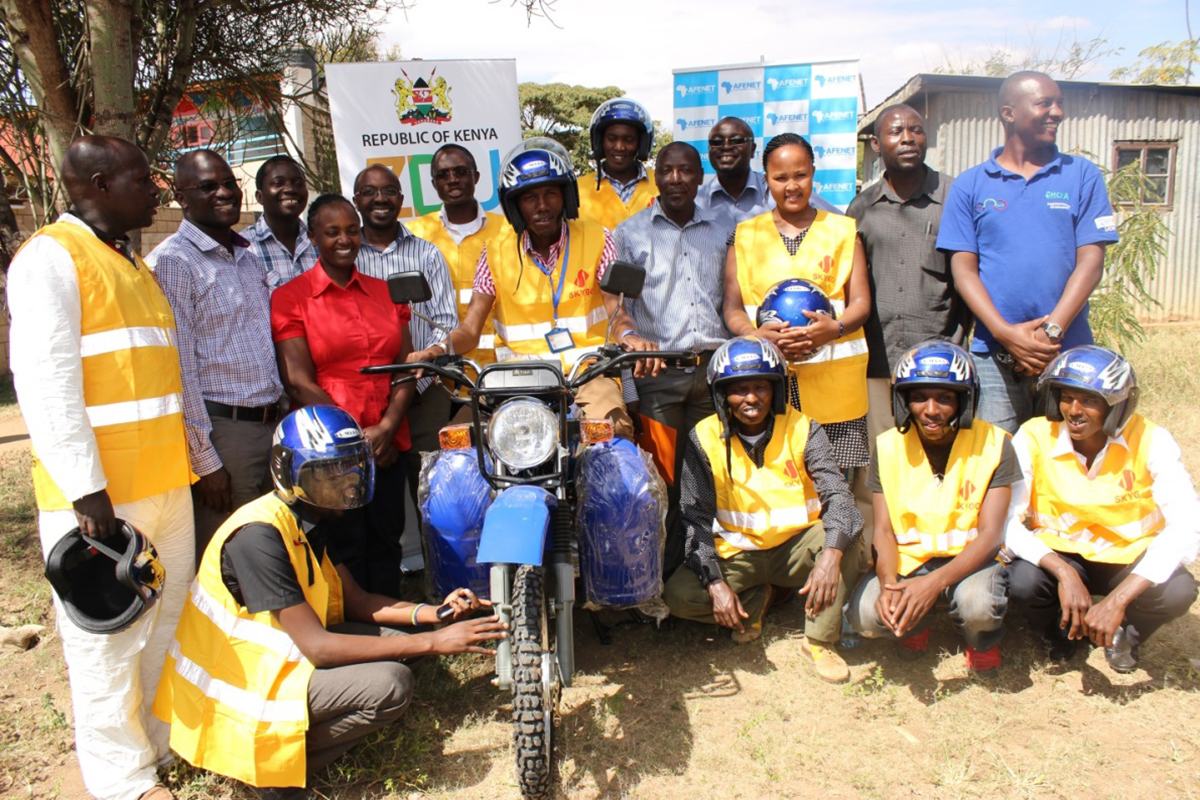Building Public Health Workforce Capacity
Training future public health leaders in clinical, laboratory, public health science, program management, and leadership competencies.

CDC Kenya shares its knowledge and expertise through development and support for training programs, collaborative consultations with the staff of the Ministries of Health and partner organizations, and support to training institutions within the country. Directly funding Ministries of Health through cooperative agreements for specific projects and defined capacity-building, providing them with direct technical assistance, and embedding personnel within their offices for peer-to-peer mentoring and knowledge transfer has been critical to success in increasing government performance, capacity development, country ownership, and public health impact.
Through the U.S. President’s Emergency Plan for AIDS Relief (PEPFAR), CDC has supported a number of innovative strategies to address the health worker shortage and improve training for new and existing healthcare workers. Since 2008, CDC-Kenya’s Global HIV/AIDS program have supported trainings for over1200 faculty members, over 1500 medical, nursing, midwifery, and laboratory technology students, and over 4000 health workers. CDC Kenya also provides training to the Ministries of Health and partners in effectively managing PEPFAR programs.